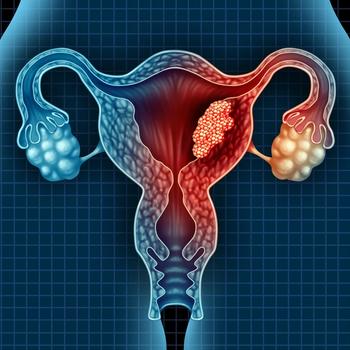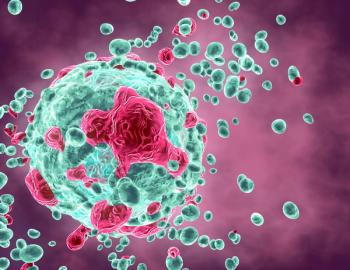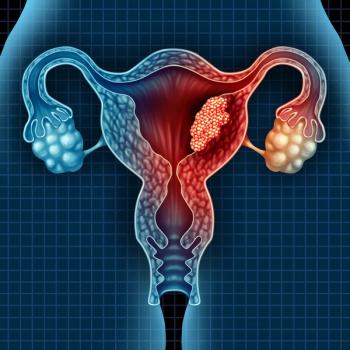
Pregnancy Loss Is Not Associated With Late Cancer Risk
A recent Danish study showed pregnancy loss was not associated with later cancer development among women with various cancer types.
Pregnancy loss was not associated with later cancer development among women with various cancer types-including breast, ovarian,
“For women already suffering from the burden of experiencing multiple pregnancy losses, our findings based on a large and unselected data material is important,” the researchers wrote.
Previous evidence has suggested that reproductive factors are associated with different types of cancers, while women who have had their first full-term pregnancy at a young age have been found to be at a lower risk for developing breast cancer. Meanwhile, the risk of ovarian and endometrial cancer is reduced with each childbirth.
“Cancer is the second leading cause of death worldwide,” the researchers explained. “Few studies have investigated if recurrent pregnancy loss is associated with an increased risk of cancer.”
Therefore, researchers from Copenhagen University Hospital in Denmark evaluated whether there was an association between pregnancy loss and the risk of cancer development later in life among 28,785 women with cancer (mean age, 48.7) and 283,294 matched controls (mean age, 48.6).
They identified all invasive cancers after age 40, among all Danish women born between January 1957 and December 1972, who were followed until the end of 2017.
The number of pregnancy losses, which included both miscarriages or still births, was correlated to long-term cancer risk using conditional logistic regression – which included odds ratios for specific cancers with different numbers of pregnancy losses, all adjusted for age, education, and other potential confounders.
The most common site-specific cancers were breast cancer (42.3%), melanoma (11.6%), and gastrointestinal cancer (11.0%), according to the data.
Endometrial cancer showed a non-significant inverse association with 3 or more pregnancy losses (adjusted odds ratio [OR], 0.75; 0.34–1.66), and melanoma with 2 pregnancy losses (adjusted OR, 0.72; 0.57–0.90) and 3 pregnancy losses (adjusted OR, 0.69; 0.47–1.01). Renal cancer (adjusted OR, 1.97; 0.90– 4.28) and hematological malignancies (adjusted OR, 1.43; 0.90–2.25) demonstrated a positive non-significant association with pregnancy loss, with exposure to 3 or more pregnancy losses, the study found.
Overall, primary recurrent pregnancy loss (3 consecutive pregnancy losses without prior live birth) was associated with later overall cancer by an odds ratio of 1.27 (1.04–1.56). Moreover, secondary recurrent pregnancy loss showed no association to cancer, according to the paper.
“Future research may focus on other long-term health risks for women experiencing recurrent pregnancy loss,” the researchers concluded.
References:
Mikkelsen AP, Egerup P, Ebert JFM, et al. Pregnancy Loss and Cancer Risk: A Nationwide Observational Study. EClinicalMedicine. 2019;15(80–88). doi:10.1016/j.eclinm.2019.08.017.
Newsletter
Stay up to date on recent advances in the multidisciplinary approach to cancer.




































